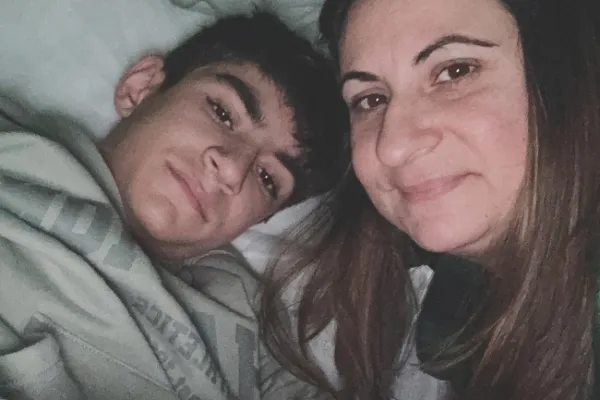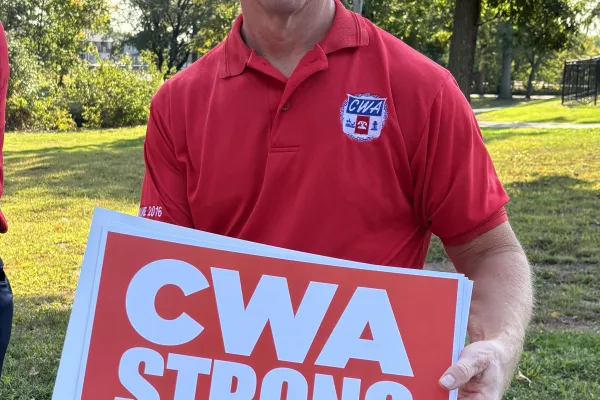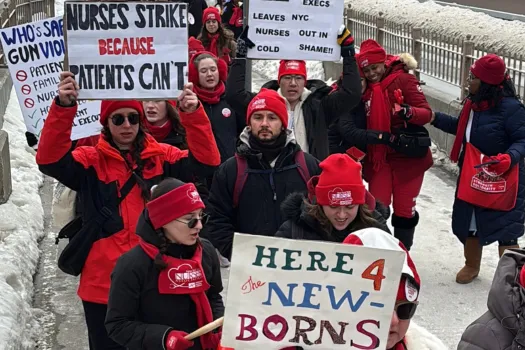NLRB Seeks Rare Injunction Against Cablevision For Illegally Firing Union Activist
Cablevision and its CEO James Dolan have a long history of violating federal labor law and they are at it again.
The National Labor Relations Board has gone to Federal Court to ask a judge to issue an injunction against Cablevision for illegally firing Dorothea Perry, a union activist at a call center in Nassau County. The severity of this round of violations is starkly clear. The move for injunction is rare and is sought in less than 1% of its cases.
Last year, a Federal Administrative Law Judge ruled that Cablevision and Dolan broke multiple labor laws in an attempt to stop workers in Brooklyn and the Bronx from unionizing. CWA represents 300 Cablevision employees in Brooklyn.
In the current case, the NLRB claims that Cablevision illegally fired Dorothea Perry for her union activity. The filing described how after 11 years working for the company, with performance reviews describing her as an "exceptional" employee, Perry was abruptly fired after becoming the "point person" for a union organizing drive.
In the earlier case, in December 2014, the Administrative Law Judge found Cablevision guilty of nine violations of Federal labor law, including illegally firing 22 workers and spying on workers in Brooklyn and the Bronx, illegally intimidating, harassing and essentially bribing workers during a union representation election. The violations were part of an illegal, anti-union campaign Cablevision ran after its 300 Brooklyn technicians – the overwhelming majority of whom are African American and people of color – voted to become the first union workers at the company.
The Federal Communications Commission, the New York State Public Service Commission, the New York City Franchise Concession Review Committee and the Connecticut Public Utilities Regulatory Authority are all reviewing the proposed sale of Cablevision to the Dutch company Altice. Violation of labor law by any party to the sale is an important part of determining whether it is in "the public interest" to approve the sale. These labor law violations will become part of the record in those proceedings.
Read More:
Cablevision accused of firing ‘exceptional’ Long Island worker over union activity
Local 1180 Member Searches for Kidney Donor to Save Her Son
From the Desk of the Assistant to the Vice President of CWA District 1
10,000 New York State Nurses Association Members Win Strike in NYC; 5,000 More Press On, Entering Week Five


